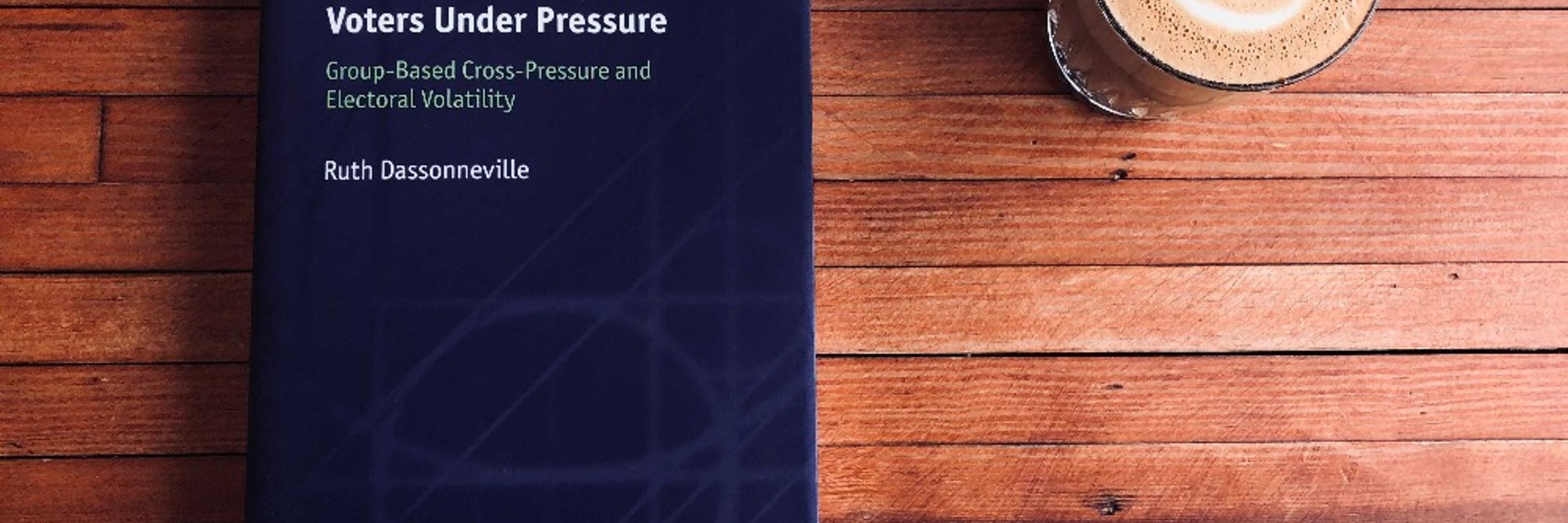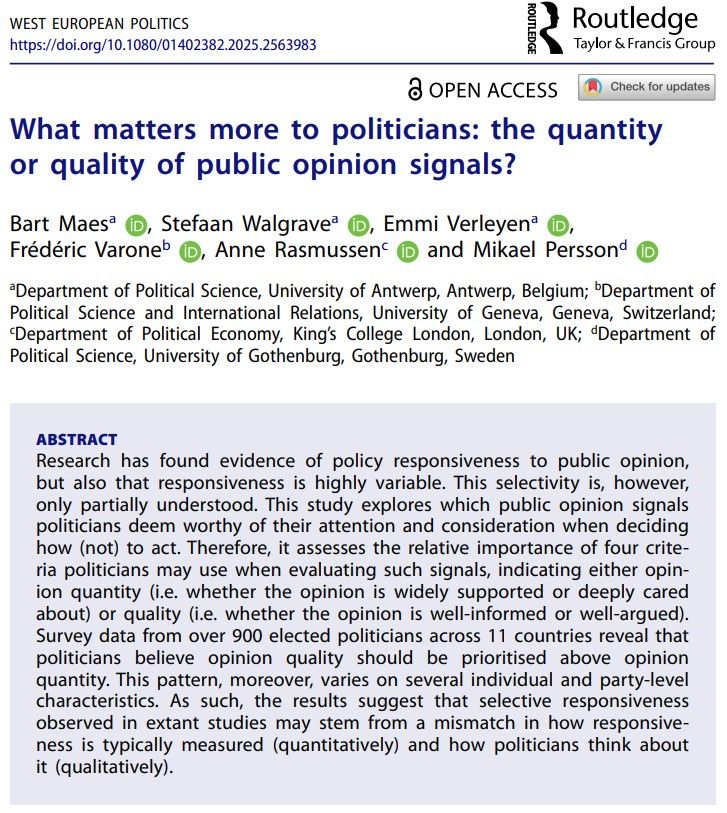Ruth Dassonneville
@rdassonneville.bsky.social
4.6K followers
1.5K following
280 posts
Prof at KU Leuven
CRC in Electoral Democracy at Université de Montréal
https://ruthdassonneville.netlify.app/
Posts
Media
Videos
Starter Packs
Reposted by Ruth Dassonneville
Reposted by Ruth Dassonneville
Reposted by Ruth Dassonneville
Reposted by Ruth Dassonneville
Reposted by Ruth Dassonneville





















